Say what? Singaporeans may be losing their hearing as early as their 40s
Did you hear about hearing loss? No? Ageing is the most common cause – but here's what you're doing that's actually speeding up that process.
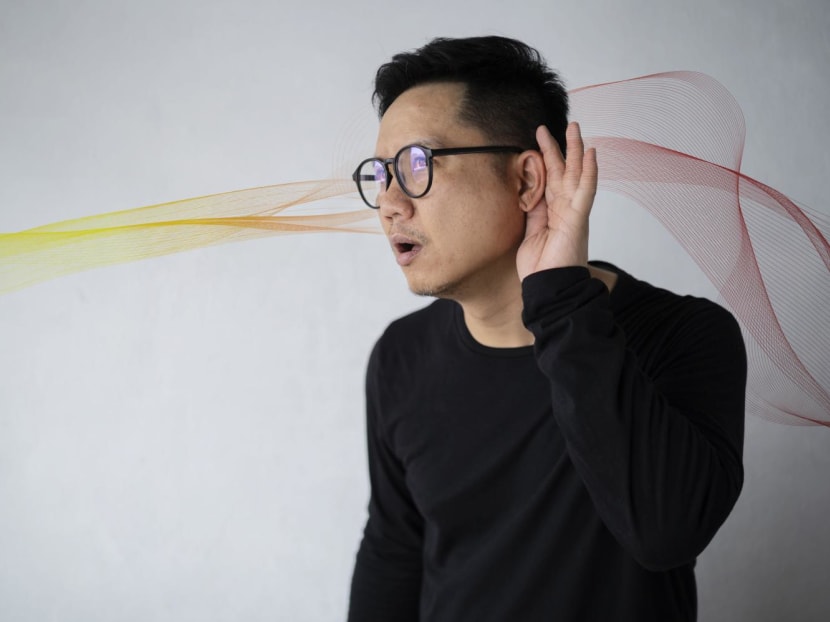
(Photo: iStock/jittawit.21)
Noise from your alarm clock is what wakes you up. Noise from traffic on the street accompanies you on your daily commute to the office. Noise is your companion again at the food court where the sharp clacking sounds of melamine bowls and plates being cleared punctuate the lunchtime cacophony around you.
It’s no less punishing for your ears when you get home. Living next to an MRT track or a construction site, or simply having road-facing windows, means you can’t completely shut out outdoors noise.
Collating the various everyday scenarios like that paints a very noisy Singapore. Just how noisy is your daily life? Here’s a quick look at what you're hearing. According to dangerousdecibels.org, continued exposure to noises over 85 decibels puts your hearing in danger.
- Rain falling: 50 decibels
- Typical speech: 60 decibels
- Washing machine: 75 decibels
- Alarm clock: 80 decibels
- Busy city traffic: 85 decibels
- Hair dryer: 90 decibels
- Car horn: 110 decibels
- Construction site jackhammer: 120 decibels
- Ambulance: 120 decibels
- Fireworks: 140 decibels
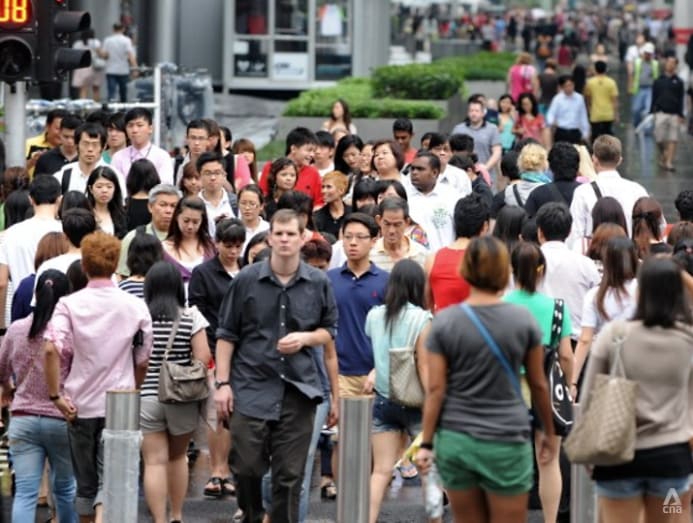
IS SINGAPORE NOISY?
The average sound level outdoors is 69.4 decibels throughout the day, which is close to a vacuum cleaner humming all day long, according to a 2017 study by the National University of Singapore.
And that number has already crossed the National Environmental Agency’s recommended limit of 67 decibels within an hour. It also cuts uncomfortably close to the World Health Organization’s recommended cap of 70 decibels a day.
In fact, in the noisiest parts of Singapore, such as Serangoon, Orchard, Outram and Bukit Timah, their numbers have exceeded 70 decibels, with Serangoon topping the list with 73.1 decibels, according to the NUS study, which did 18,768 sound measurements over a two-and-a-half-month period.
Fortunately, Singapore’s noisier neighbourhoods don’t count as hazardous. “Examples would be noisy environments such as nightclubs, construction environments or factories where there are noisy machines operating,” said Kelvin Lee, founder of The Listening Lab.
The most common cause of hearing loss, said Lee, is actually age. “The inner ear – also known as the cochlea – is a fluid-filled, snail-shaped bony structure in your skull behind each ear.
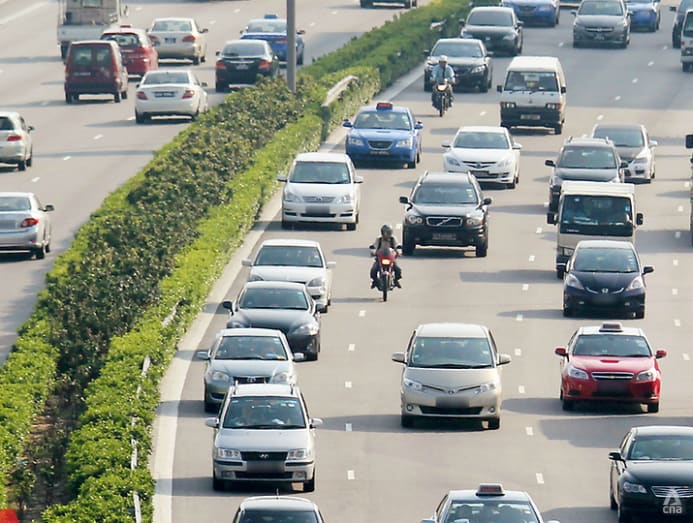
"These structures house rows of hearing hair cells that are responsible for providing sound information to your brain. The various zones of hair cells, when activated by the fluid pressure, will deliver a specific frequency of sound to your brain.”
However, with age, some of these hair cells become missing or damaged, resulting in an impaired ability to hear sounds. “This is usually permanent and can only be treated with amplification devices such as hearing aids,” said Lee.
WHAT'S MAKING US LOSE OUR HEARING YOUNGER?
While the average outdoor noise level alone isn’t likely to cost you your hearing, there is growing evidence that listening to music on your handphone or music player at a high volume for prolonged periods can permanently damage it, said Lee.
And get this: Singaporeans may lose their hearing early – as young as in their mid-40s – because of such factors, he said. “Some of these music players can produce sounds of up to 120 decibels, which is equal to sound levels caused by a commercial airliner taking off from a runway,” he said.
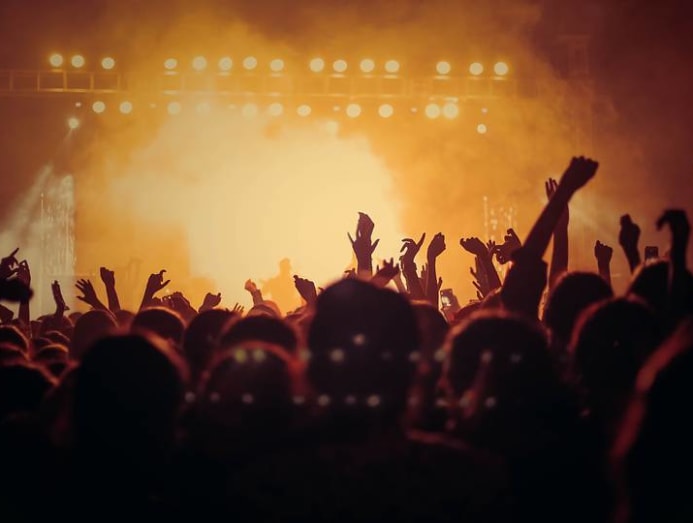
“Exposure to sounds of that level for even 30 minutes can result in permanent hearing damage for the listener.”
For the damage to be done, the key word here is “excessive” use, said Lee. And by that, he means more than seven hours a week at a high volume.
If you were guilty of blasting your ears with heavy metal in your teenage years, you may also be paying the price for it now, said Lee. “The excessive usage of these devices can stack up and bring forward permanent hearing loss earlier in life.”
Whether you’re tuning in to a radio app, your Spotify list, or catching up on your favourite Korean drama or playing mobile app games, a good rule of thumb to go by is the 60/60 rule.
“Set the volume at 60 per cent and do not use it more than 60 minutes at a go before giving yourself an hour’s break. If you set the volume at 80 per cent, shorten the continuous period of usage to less than 60 minutes,” said Lee.
HUH? WHAT DID YOU SAY?
If “huh?” has been your response to many questions, your ears may need some looking into.
“Sometimes, the initial signs of age-related hearing loss can be seen in people as young as in their 30s and it typically starts with the loss of high-pitch hearing,” said Dr Shih E’ Ching, associate consultant at National University Hospital’s Department of Otolaryngology – Head & Neck Surgery (ENT).
“Hearing loss can be divided into different categories, such as mild, moderate, severe or profound hearing loss.
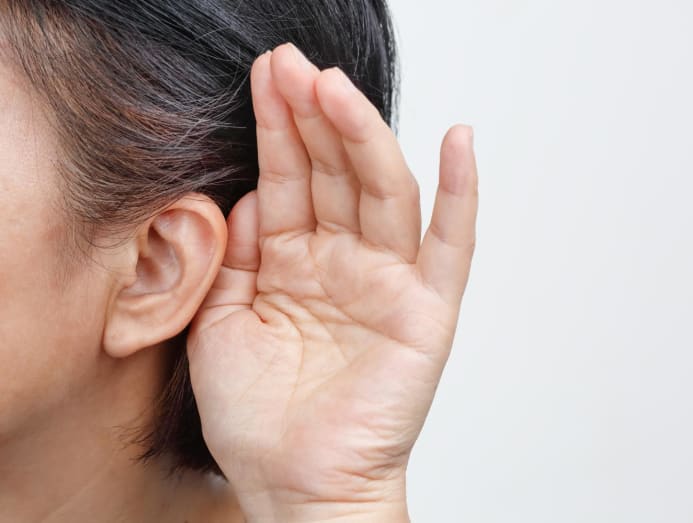
This can occur in one or both ears,” she said, explaining that the hearing loss is considered significant if you can’t hear sounds softer than 40 decibels, such as bird calls and quiet library sounds, for example.
Sometimes, physical interference is the cause of hearing loss. For instance, an unusual amount of ear wax buildup in the ear canal can create a blocked sensation and decreased hearing.
“Other less common causes of hearing loss include viral infections. It can also be caused by certain kinds of medications that damage the hearing, called ototoxic medications,” said Dr Shih.
THE DAMAGE IS PERMANENT
There is no way to reverse age-related and noise-induced hearing loss. “While some people believe in taking gingko or vitamin supplements to boost hearing function, studies have not proven any benefit in these,” said Dr Shih.
Your best bet is to avoid further exposure to loud noises.
If you're out at a club, stand at least 3m away from the speakers. Heading for the U2 concert? Give your ears at least 16 hours of hearing detox after – no loud music via your earphones/headphones during this period.
If you have trouble hearing in your daily life and activities, especially in group or noisy environments, get your hearing screened.






